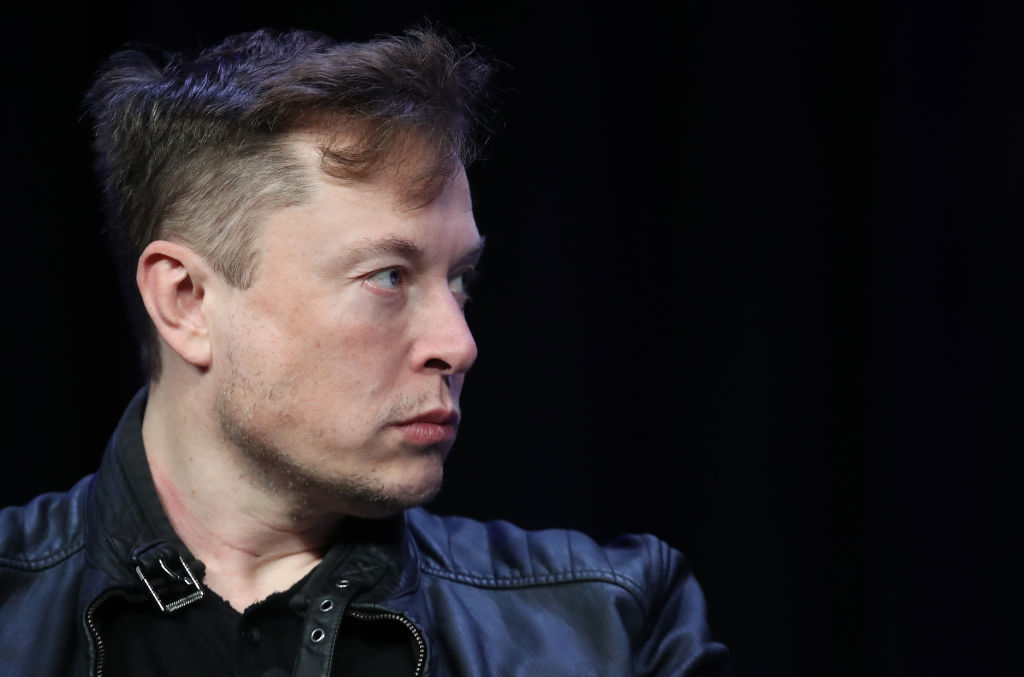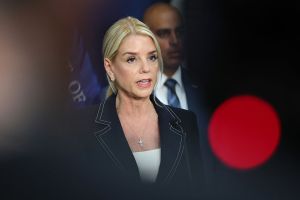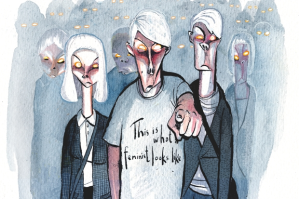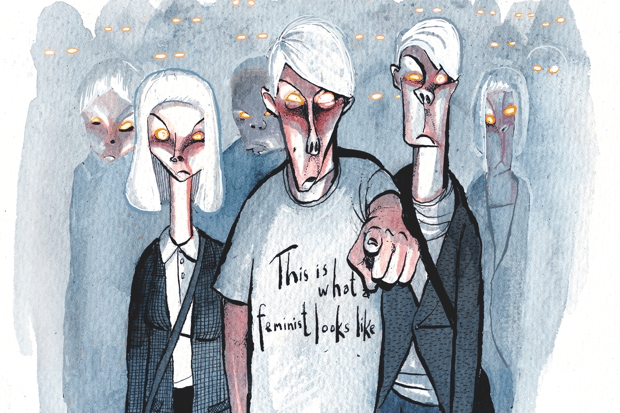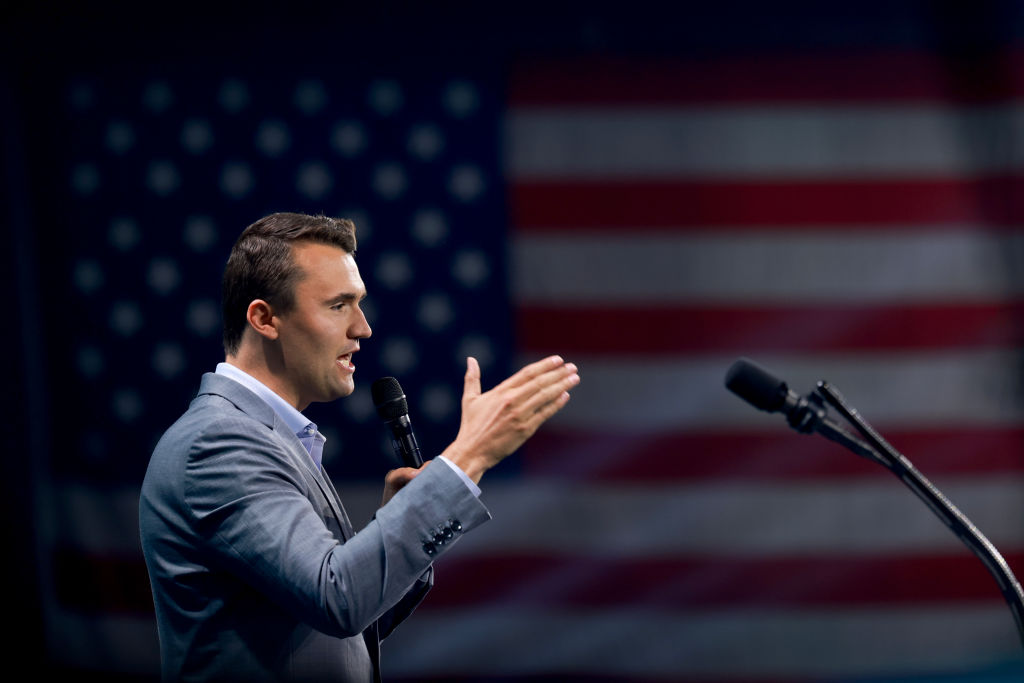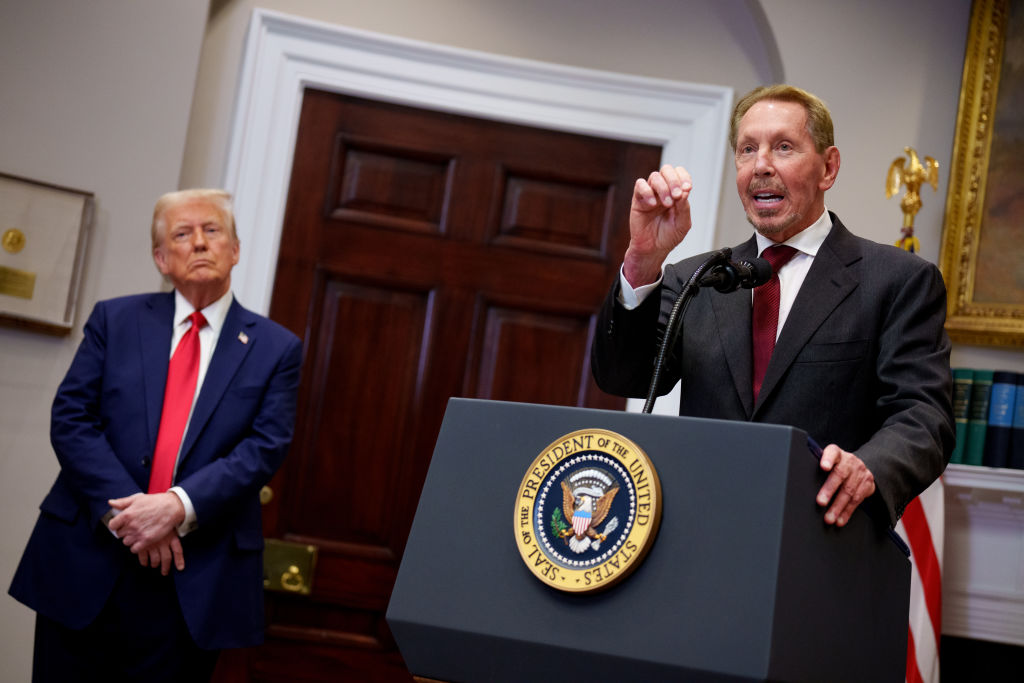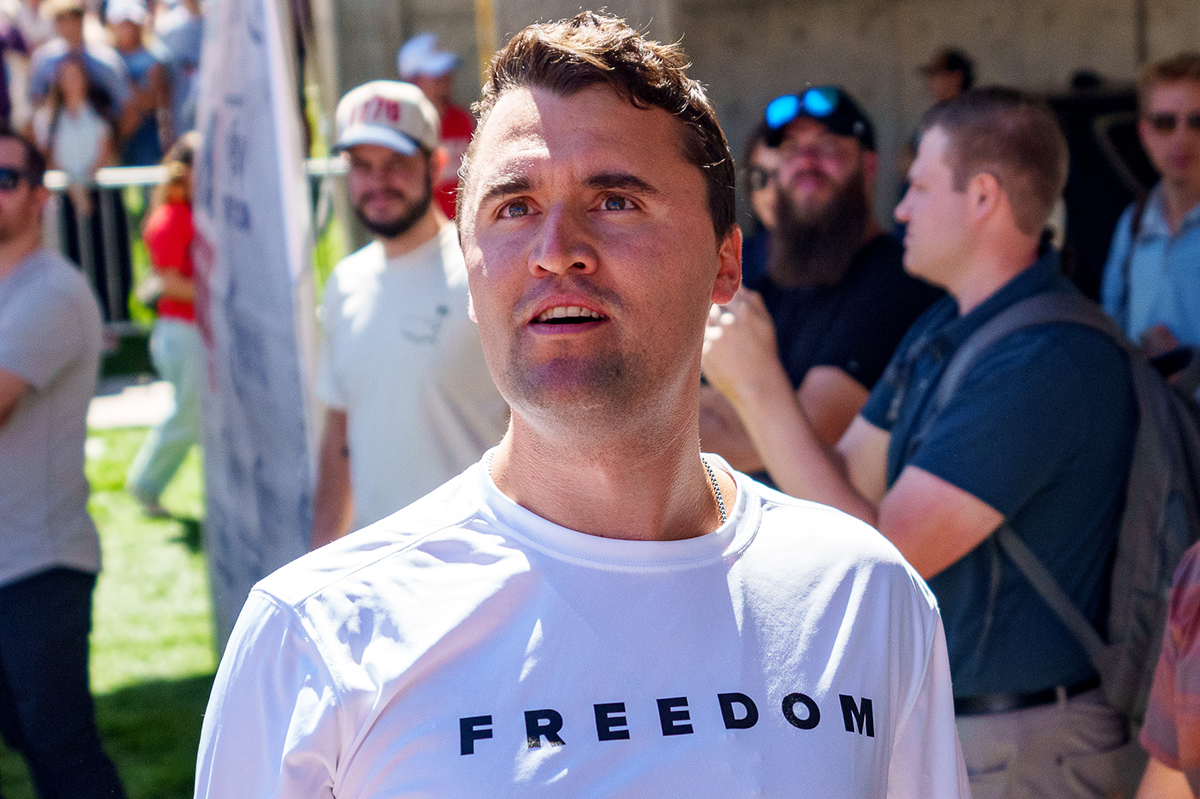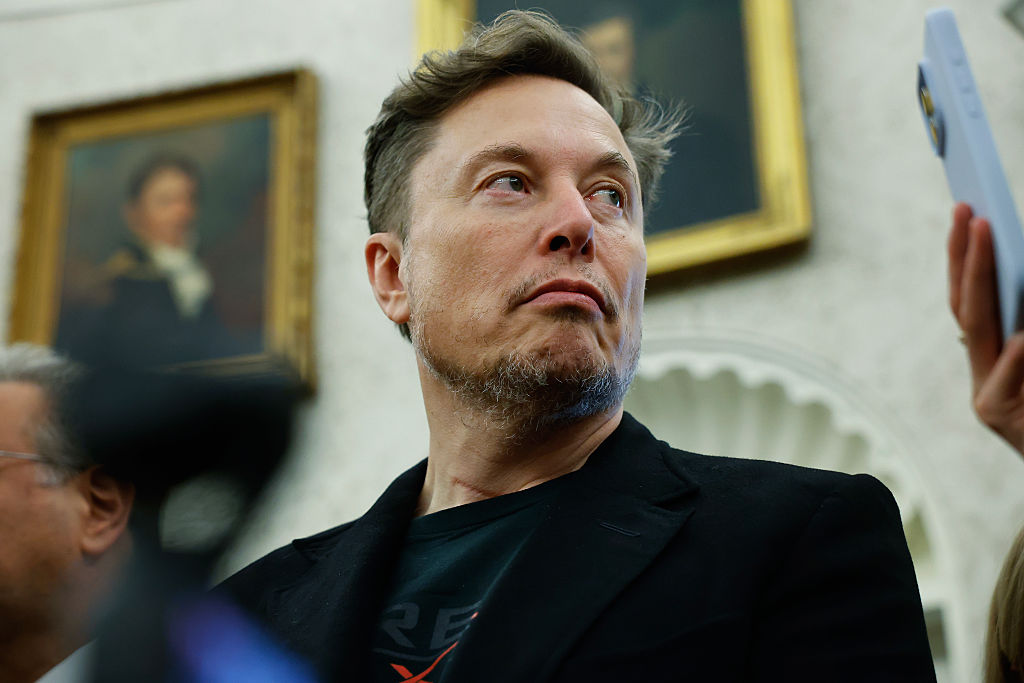When I think of Twitter CEO Parag Agrawal, I think of Darth Vader. It’s not that Agrawal himself reminds me of the Star Wars protagonist, grave concerns over Twitter’s handling of free speech notwithstanding. I just can’t help but think of the nervous imperial commander who receives Vader as he arrives to inspect the Death Star II at the opening of Return of the Jedi. “Lord Vader, this is an unexpected pleasure. We are honored by your presence,” the commander says, with a lump in his throat. The Dark Lord of the Sith flatly replies, “You may dispense with the pleasantries, Commander. I’m here to put you back on schedule.”
One wonders if Agrawal has a similar lump in his throat over Elon Musk’s recent appointment to Twitter’s board of directors a day after Musk purchased enough shares — 9.2 percent — to become the social media company’s single largest shareholder.
The move was somewhat of a surprise, given that the billionaire head of Tesla and SpaceX has been a vocal critic of the bird app’s policies on everything from its crackdowns on free speech to its lack of an edit button for tweets already posted. In a carefully worded response, Agrawal characterized Musk as “both a passionate believer and intense critic” and as “exactly when we need on Twitter and in the boardroom, to make us stronger in the long-term.”
Others were less charitable. Some Twitter staffers told Reuters they were considering seeking employment elsewhere, lest they continue to work for a service that might subject users to Musk’s free speech absolutism. And even further away from Agrawal’s polite if a bit backhanded statement, Lara Cohen, Twitter’s head of global partners, tweeted, “Good morning to our new overlord!” A Twitter team leader tweeted, “Elon Musk just (temporarily at least) made me a lot of money. And I still dislike him.”
Who else but big tech’s employees could get away with saying something like that about a new boss? The entitlement is palpable.
As with just about everything these days, the contretemps is more interesting for what it says about our society. Which is that people will tolerate rule by tech oligarchs, but only if those oligarchs are sympathetic to their personal viewpoints.
For instance, the Washington Post was one of several outlets to syndicate a piece that warns that “Elon Musk’s Twitter Investment Could Be Bad News for Free Speech.” The piece breathlessly opens: “Elon Musk just bought a $3 billion stake in Twitter Inc., because when you’re the world’s richest human you can toss billions around like poker chips.” The argument would be more convincing if Amazon founder and executive chairman Jeff Bezos — himself a former holder of the title of “world’s richest human” — didn’t own the Washington Post!
The Post followed that with a piece from former Reddit CEO Ellen K. Pao that opens “It takes a lot of money to become a board member of Twitter, but not a lot else apparently.” Musk’s SpaceX venture is revolutionizing space travel, so this glib dismissal seems out of line. Robert Reich, former secretary of labor, tweeted, “what could possibly go wrong with an oligarch determining what constitutes free speech?” Yet Reich was recently far more comfortable with tech oligarchs determining the boundaries of speech. He tweeted last January about former President Donald Trump’s infamous Twitter ban, “Anyone who is saying Twitter’s ban violates the First Amendment doesn’t know Twitter is a private company and the First Amendment protects individuals against government.”
To be sure, there are legitimate concerns about Musk. Marina Koren ably chronicles some of them for The Atlantic, including Musk’s dismissal of Tesla employees for disagreeing with him. (Although if their attitudes were anything like the Twitter employees quoted above, their sacking is no wonder.) And Tesla has also shut off access to some of their electric vehicle customers’ charging privileges, including a particularly silly instance in which a TikToker posted a video where he occupied too many charging spots and referred to Musk as a “nerd” in a follow-up video after being warned by the company.
But it’s hard to take those concerns seriously when they are being voiced by a class of people who essentially told conservatives to pound sound over their tech censorship worries.
So what happens now? Will Trump’s Twitter banishment be reconsidered? Will Twitter’s new edit function — already reportedly under development — prove popular with users? Will Musk’s presence be a help or a hinderance? Reportedly, Musk agreed to acquire no more than a 14.9 percent stake of the company if he wishes to remain on the board. Perhaps Parag Agrawal is thinking of another Darth Vader quote, this one from The Empire Strikes Back: “I am altering the deal. Pray I don’t alter it any further.”
Bill Zeiser is the editor of RealClearPolicy



